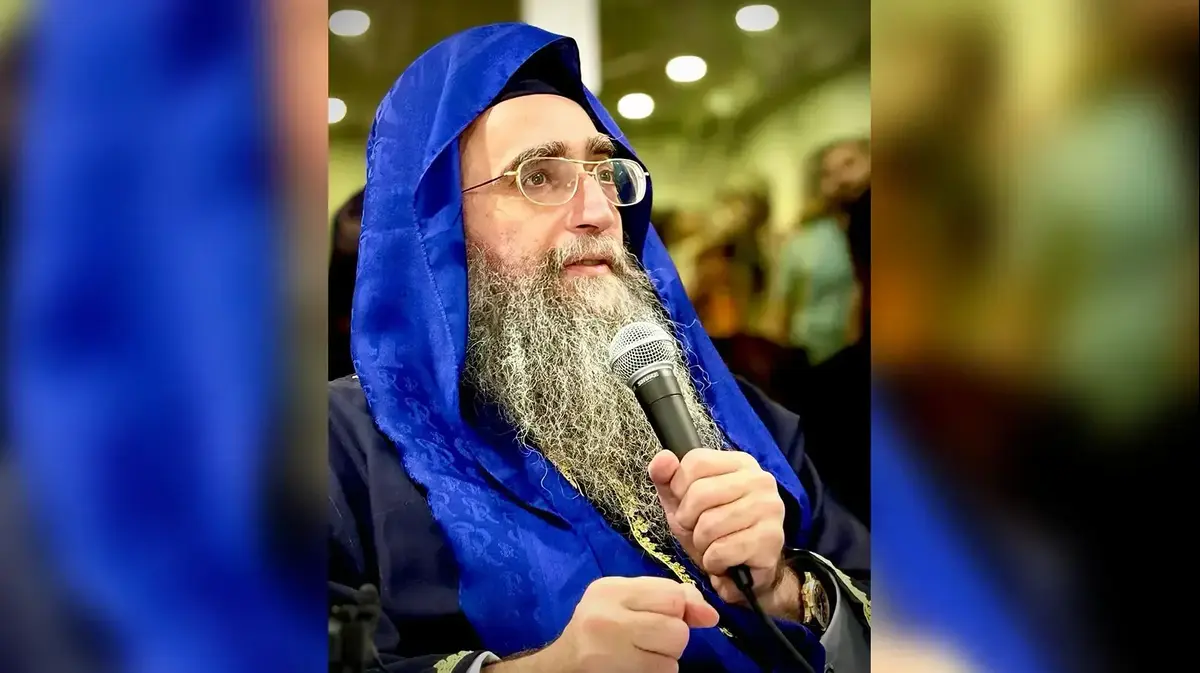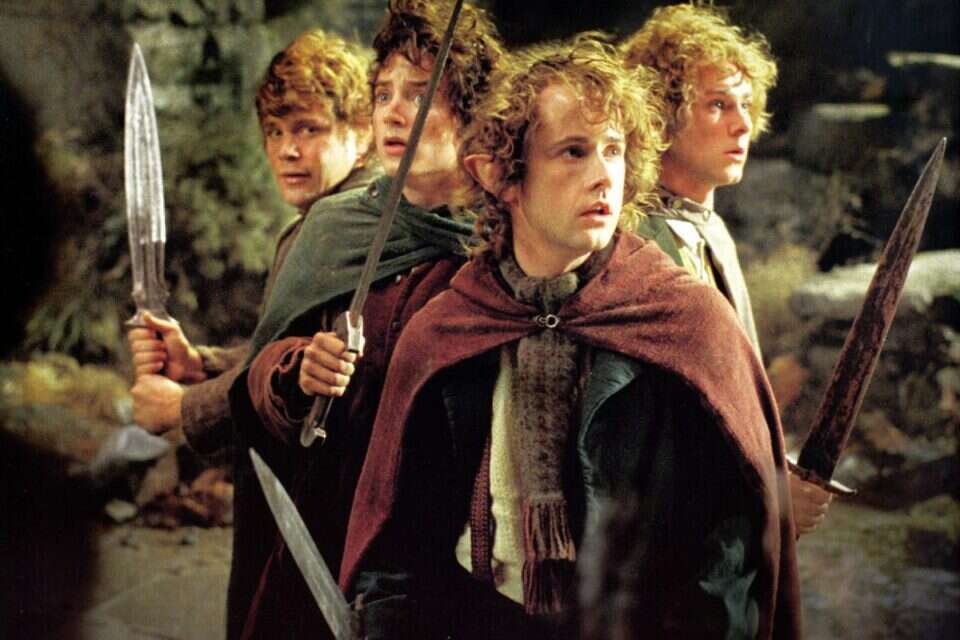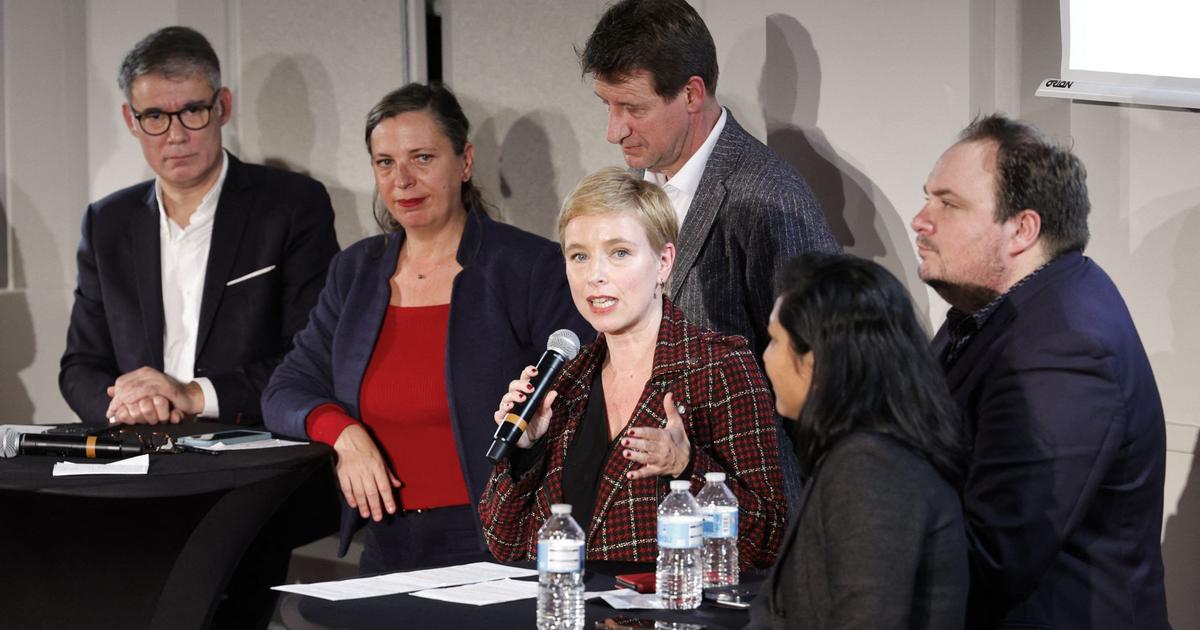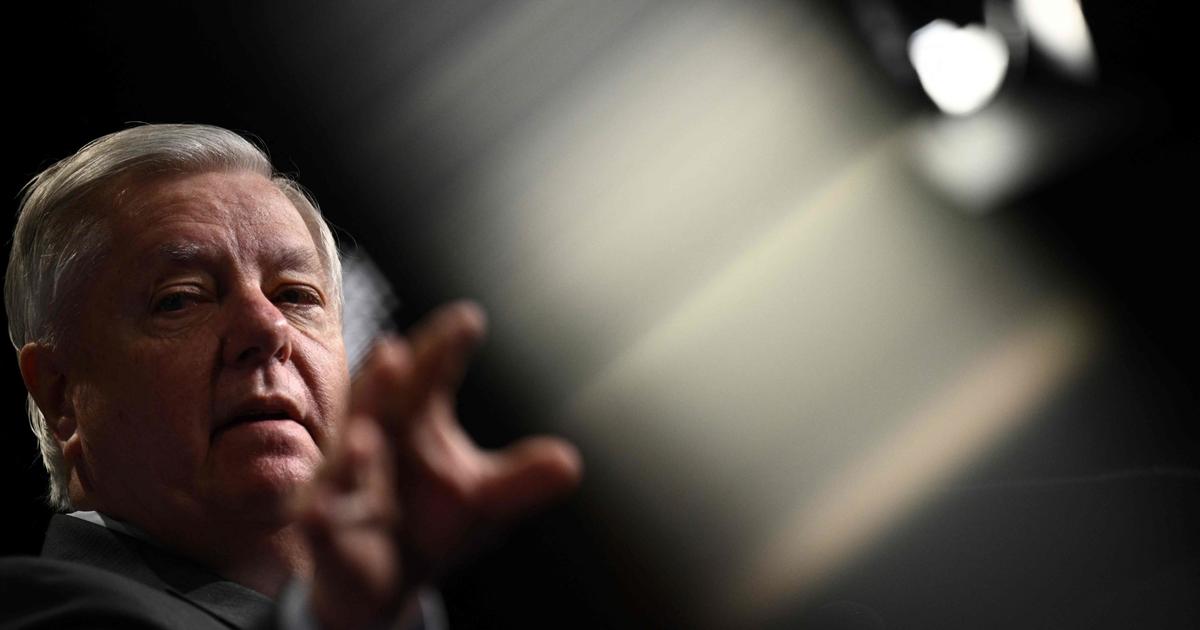This evening the FDP had planned meticulously like a military campaign. Their "Propaganda Department", which was actually called, was constantly chasing loudspeaker cars through the cities of East Westphalia. On hundreds of posters, the party called on the citizens to come to the Hermannsdenkmal at Detmold on the evening of June 17, 1954. Special buses were provided, torchbearers mobilized: The FDP had Germanic hero Hermann once more drawn into battle - against the GDR.
The monument, Germany's tallest statue, was dipped in white and red light. Together with the black of darkness, the colors of the old empire were revived. That was probably no coincidence, because the FDP was concerned with a larger Germany: It wanted to make a commitment to an "indivisible German Reich" on this June 17, 1954, the first anniversary of the bloody suppressed popular uprising in the GDR. The world should not forget the injustice.
In the light of hundreds of torches was thought the dead of the World Wars and the GDR uprising. The song of the "Good Comrade" sounded, then the national anthem. Some of the 20,000 visitors waved revisionist banners ("Germany - this is also Wroclaw and Königsberg"). Pathetic, FDP party leader Thomas Dehler summoned the "flame of freedom" and shouted: "Germany will find Germany again and the Reich will come!"
The strict nationalist staging may seem disturbing today - it was not a slip-up. Exactly one year later, Dehler even said: "We are not ashamed of our history, it is not true that it is German guilt that has come over the world." In the First World War one was "slipped in", the Second World War nobody wanted except Hitler.
Thus, the FDP celebrated the "Day of German Unity". Almost forgotten today, there were such a holiday decades before reunification. However, June 17 did not give cause for joy and reconciliation - it was rather a day of discord.
Full of moral outrage, West German politicians were able to pillory the GDR every year without having to talk about the causes of German division, the Nazi past. The German national holiday was probably unique in the world: Basically, there was nothing to celebrate, but only to mourn the turmoil of Germany with large, accusatory gestures.
7000 kilometers run for the unit
Every 17th June, from the Bay of Lübeck to the Harz, countless "blaze-shutters" blazed up on prominent elevations along the border with the GDR. Parties and associations organized their unitary celebrations in historically symbolic places: at the Deutsches Eck in Koblenz, in the Friedland camp, where many GDR refugees had come, or on Heligoland. Here once the poet August Heinrich Hoffmann von Fallersleben had written the song of the Germans, the later national anthem.
photo gallery
13 pictures
Day of German Unity: The Unliked HolidayBut most elaborate were the relay races organized since 1959. They began weeks before the holiday and ran up to 7000 kilometers across the Federal Republic. The runs often began symbolically in the Saarland, which peacefully joined the Federal Republic as the eleventh state in 1957 - something similar was hoped for by the GDR. From the Saarland, the runs then led to the GDR border.
Many actions were organized by a nonpartisan "Kuratorium Indivisible Germany". And the national history pedagogy was at first very successful: Up to the sixties, up to five million West Germans demonstrated each year for unity. On June 17, 1961 alone, there were more than 30,000 rallies. Tens of thousands of postcards with special cancellations were sent to the GDR, and schools eagerly collected "reunification pennies".
Scandalous performances
Nevertheless, the national holiday caused from the outset for fierce dispute. Originally it had been introduced at the urging of the SPD: Adenauer did not want to be constantly accused by the Social Democrats of having "betrayed" the goal of German unity for its Western policy. However, the SPD increasingly used June 17 as a kind of second May 1 with mass rallies. This annoyed the CDU, which also considered excessive consumption of beer as unworthy - and therefore considered turning the 17th June into a quiet commemoration day.
The FDP, on the other hand, unscrupulously vied for right-wing voters: The Hermannsdenkmal, on which the party gladly committed June 17, reminded only superficially of the legendary victory of the Cherusci against three Roman legions. In the 19th century, the statue was erected with an aggressively antifrancian thrust; Hermann was a figurehead of the anti-democratic camp in the Weimar Republic. In addition, the party made scandalous appearances. For example, Vice-Chancellor Erich Mende called for the first verse of the Deutschlandlied to be reintroduced on 17 June 1965 - his Knight's Cross from the Nazi era pinned to his shirt.
The biggest problem of the holiday was: the Germans did not understand him anymore. The less likely the German unity became, the more bizarre the ritualistic complaints about the failed insurrection. If the FRG policy initially believed that it was possible to change the SED regime and force unity, then this hope turned out to be an illusion after the Wall was built. The 17th of June became more and more a symbol of defeat and political powerlessness.
"Holiday is always nice"
So the West Germans were happy that June 17 was free - and increasingly forgot why that was so. "It was dull," wrote Hamburg students in 1962. "One went with a bit of solemn mine in the cliché ceremony for the senior, where a few poems were recited and with the song on the lips of the German song streamed to the exit and went to the pool . "
The press also blasphemed increasingly on 17 June: "Holiday is always beautiful" titled the "Frankfurter Rundschau" 1960th Der Spiegel wrote of the "unit in free time" and thus caricatured the most common speech-phrase: the "unity in freedom" , which had been summoned in 1953 at the advent of the holiday.
Even Chancellor Adenauer was not a supporter of the holiday: in 1960, he simply returned on June 18 from his Italian holiday back. His party openly discussed reform and even the abolition of 17 June. This, in turn, outraged the SPD, which accused the Union of wanting to prevent a "left" holiday.
But when the SPD in the grand coalition propagated a "change through rapprochement" in its Ostpolitik starting in 1966, the National Day also became a burden for them: for the GDR felt that June 17 was a constant provocation. Every year she complained about the "wild hustle and bustle" of the West. The Stasi classified even the arrival places of the relay races as "particularly provokationsgefährdet".
The June 17, said SPD Economic Minister Karl Schiller therefore 1967, should not be a "superfluous relic of the Cold War, not a day of artificially inflicted hatred." In Germany politics one comes with him "not one step further". Together with the CDU, the SPD drafted an amendment to end the holiday for good.
But even that survived the unloved 17th June. Because the thrust triggered strong resistance, especially in the unions, which vehemently refused to cancel a day off without replacement. After two years of debate, the emotional election campaign in 1969 finally prevented a solution.
Silent ending
Even later attempts of the SPD Federal Government failed to replace the holiday by 23 May - the day of the adoption of the Basic Law. This time it was the opposition CDU, which moved in order to complicate the Ostpolitik of the SPD. "A shameful thing" was this whole debate, rumored CDU chief Helmut Kohl.
Ironically it was he who finally abolished the June 17th. In September 1990, he discreetly replaced him at a meeting of Prime Ministers on 3 October, the day of the "entry into force" of the GDR to the Federal Republic. Kohl wanted to see his achievements as chancellor of the unit better appreciated. He did not encounter resistance.
Price query time:
09.09.2019, 13:55 clock
No guarantee
DISPLAY
Eight days that changed the world: The Revolution in Germany 1989/90 - A SPIEGEL book
Publishing company:
German publishing house
Pages:
368
Price:
EUR 6,50
Buy from Amazon Buy from Thalia
Product information is purely editorial and independent. The so-called affiliate links above, we usually receive a commission from the dealer when buying. More information here.
So in 1990 the Germans were the only people to celebrate two national holidays: the 17th of June - and for the first time the 3rd of October.
Kohl's new "Day of German Unity" (now with capitalized "German") turned out to be an unsuccessful choice in the long term. Also the new holiday is missing the soul. As was the case on 17 June, many Germans today are asking themselves: what the hell happened on October 3? No matter, off to the pub!
Read more: Edgar Wolfrum: History Policy in the Federal Republic of Germany. The Road to the Federal Republic of Memories 1948 - 1990.








